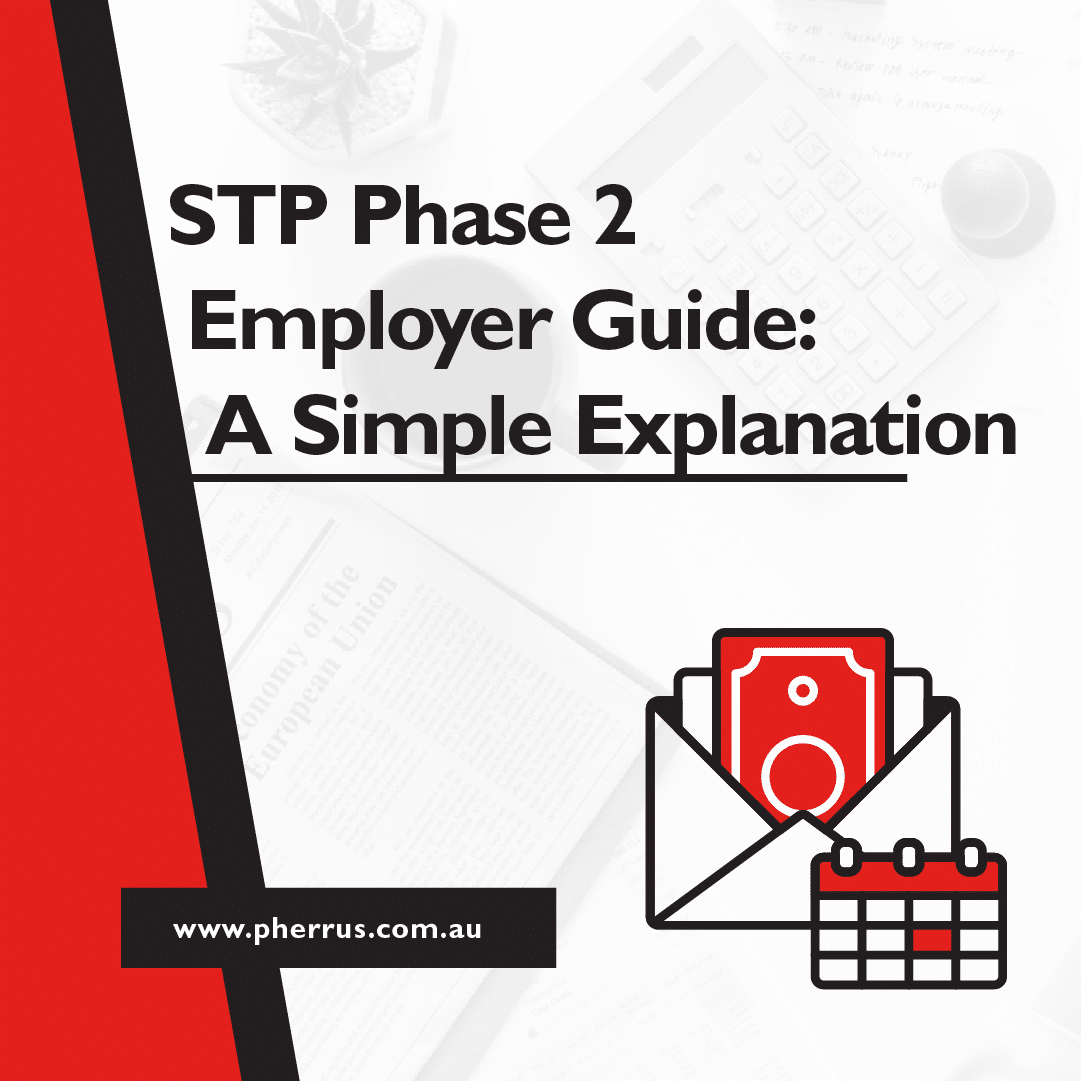When dreams of owning a home, buying a new car, or starting a business hinge on securing a suitable loan, guarantors can play a pivotal role.
But before you agree to become a guarantor, you must understand the full scope of what you’re signing up for.
Taking on this role is about much more than just signing on a dotted line; it’s a significant commitment that could impact your financial health for years to come.
Exactly what is a guarantor? And what is involved in being one?
We’re here to answer these questions and more so you have all the information you need to make an informed decision.

What Is a Guarantor?
A guarantor is someone who agrees to be responsible for another person’s debt or obligations if that person fails to meet their commitments.
This role usually involves guaranteeing loans, where the guarantor promises to repay the loan if the borrower fails to do so.
The most common reasons someone could need a guarantor to secure a loan include
- Having a low credit score: Such individuals may find it challenging to get approved for loans with favourable terms. A guarantor can provide the security lenders need to approve such loans.
- Being a student: Often lacking a steady income or significant credit history, students may require guarantors to meet financial criteria for educational loans and housing.
- Starting a new business: Startups without a proven financial track record may need a guarantor to secure initial loans, helping them establish credibility with lenders.
In each of these cases, a guarantor acts as a safety net, providing lenders or landlords with greater confidence in the arrangement.

Could You Be a Guarantor in Australia?
To qualify as a guarantor in Australia, you must
- Be at least 18 years old
- Be an Australian citizen or permanent resident
- Have a clean credit history
- Be financially stable
To qualify as “financially stable”, lenders will consider your income and assets.
This helps them determine if you can cover the loan repayments if the borrower defaults.
There are certain situations where you cannot serve as a guarantor.
For example, if you have been declared bankrupt or are currently under a part 9 debt agreement, a legally binding arrangement between a debtor and their creditors to settle debts without going bankrupt.

Benefits of Using a Guarantor
As the Borrower
If you’re the borrower, having a guarantor can increase your likelihood of loan approval, particularly if your credit history or income might not meet the lender’s requirements.
Another benefit is that with the added security of a guarantor, lenders often offer better interest rates and terms, reducing your overall borrowing costs.
As the Lender
If you’re the lender, the presence of a guarantor reduces your risk, as there is an additional party responsible for the loan if the primary borrower fails to make payments.
And as guarantors often provide collateral, such as property, the security of the loan increases.
Another benefit of accepting guarantors is that you can extend credit to borrowers who might otherwise be ineligible due to their financial situation, expanding your potential customer base.

Types of Loans Where Guarantors Are Common
Guarantors are common for
- Home loans: For first home buyers, those without enough funds for a deposit, or those without a strong credit history.
- Rental agreements: For people who do not meet the income requirements to lease a property.
- Business loans: For startups or businesses with limited credit history or lacking a financial track record.
- Personal loans: For applicants with less-than-ideal credit or who don’t meet the stringent loan requirements.
- Car loans: For those with a poor credit history or younger drivers with less established credit histories.
It’s important to note that not every lender allows guarantors on every loan type.

The Big Risks: What Guarantors Need to Know
Becoming a guarantor is a serious commitment that comes with responsibilities and risks you should be aware of.
Firstly, it’s a legally binding agreement that ties you to the financial obligations of the borrower.
If they cannot make the required payments according to the terms of the loan agreement, you’re responsible for paying back the entire loan.
This can significantly impact your financial situation, including your credit score.
Failure to fulfil the loan obligations can lead to actions from debt collectors and, for substantial debts, potential court actions that can incur legal fees and other costs.
Finally, guaranteeing a loan for friends or family can put a severe strain on your relationship if loan repayment issues arise.

Protecting Yourself as a Guarantor
To safeguard your interests, seek independent legal advice before signing any agreement.
A lawyer can help you understand all the terms and conditions of the contract, including your responsibilities and rights.
Consulting with a financial adviser is also wise, especially if the borrower’s financial situation appears risky.
They can help assess the potential risks and impact on your financial health.
When discussing loan terms, it’s a good idea to ask the lender if it’s possible to cap your liability.
This means setting a limit to the amount you are responsible for, which can protect you from unexpected financial burdens if the borrower defaults.
Keep in mind that you have the right to refuse to be a guarantor.
If the obligations seem too risky or could strain your financial situation and relationship with the borrower, saying no might be the wisest decision. It’s important to prioritise your financial security and peace of mind.

Guarantor Questions? Get Peace of Mind With Pherrus
Are you thinking of taking out a loan to invest in property, start a business, or buy a car?
Here at Pherrus, we’re experts in finance and accounting.
We can guide you through the loan application process, from understanding the types of loans available to providing financial planning to help you manage your loans.
If you’re considering using a guarantor, we can offer financial advice on this arrangement as well.
We’ll review both your situations to ensure the commitment is manageable and the implications for your financial health and credit.
If you’re still wondering, “What is a guarantor?” and “What are their obligations?”, we have the answers.
To speak to a Pherrus professional, fill out this online form or call +61 (02) 9099 9109 to book an appointment at our Bella Vista office in Sydney, NSW.





